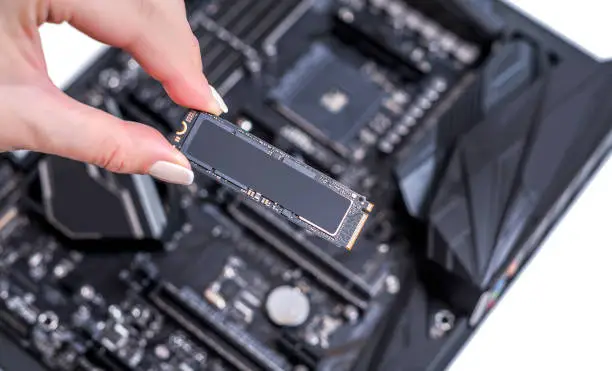Categories
- Memory - Modules(0)
- 1
What is a memory module?
A memory module, also known as random-access memory (RAM), is a key component in a computer system. It provides temporary storage for data, which allows your computer to quickly access and retrieve necessary information during processing operations. In short, the more RAM your computer has, the better it performs.
There are several types of memory modules out there, including the dual in-line memory module (DIMM), the small outline DIMM (SODIMM), and the Rambus in-line memory module (RIMM), which is no longer in use. DIMMs are used a lot in desktop computers, while SODIMMs are better for laptops and smaller devices. RIMMs, which were used in older systems, have been replaced by more modern alternatives.

What is dual-channel memory?
A dual-channel memory configuration is when you pair two identical memory modules and put them in the right slots on the motherboard. This setup gives your memory more bandwidth, which gives your whole system a boost. Before you get started, it's important to make sure your motherboard is compatible with dual-channel memory. Once you've done that, just follow the instructions to install the memory modules in the right configuration.
How can I check the memory module's health?
You can check the health of your memory modules by running a memory diagnostic test. Lots of operating systems have built-in tools for this, like Windows Memory Diagnostic or memtest86+. These tests scan your random-access memory (RAM) for errors and give you a report on its overall health. Running periodic tests can help identify any potential issues.
Is it possible to overclock memory modules?
Yes, It's true that you can overclock memory modules, which means you can push them to operate at faster speeds than what the manufacturer originally set. While this can lead to better performance, it can also lead to some issues, like reduced system stability and more heat production. If you do decide to overclock, make sure your motherboard and CPU are compatible and proceed with caution.












